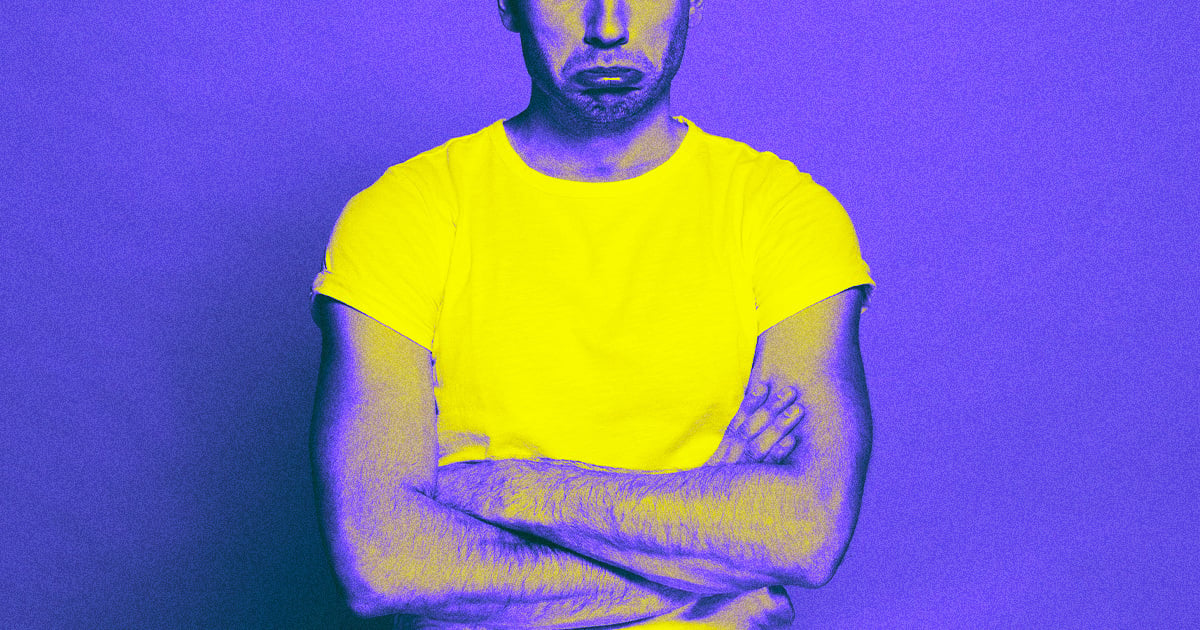Setting aside the usual arguments on the anti- and pro-AI art debate and the nature of creativity itself, perhaps the negative reaction that the Redditor encountered is part of a sea change in opinion among many people that think corporate AI platforms are exploitive and extractive in nature because their datasets rely on copyrighted material without the original artists’ permission. And that’s without getting into AI’s negative drag on the environment.



I get my impressions from outside Lemmy as well, mostly sites with a large concentration of artists (ArtStation, Tumblr, DeviantArt) and personal friends who work in the industry. I also moonlight as an artist, though not yet good enough to worry about losing income from it.
Also, what is the unjust system you’re referencing? People aren’t advocating for Disney level copyright protection, but these are living artists with brand new works being collected for training with no say in the matter. Most certainly they are not on the same side as corporations, which are embracing AI art wholeheartedly despite the disputed status of copyright laws surrounding it.
No they aren’t, they are arguing for making copyright even stronger than the system created by Disney, where not even distributing copies of a work lands you falling foul of the rights of property holders.
Generally the position that I’ve seen being advocated is taking copyrighted works, distilling that information (the plagiarism machine etc) and then using that to create new works would be violating the property rights of people who made the original works, despite a copy of them never being distributed. That is a massive expansion of IP rights that you not only have rights to the original work but also to derivative works.
“Corporations” are not a monolith on this, what Disney or a publishing house wants is not aligned with what an upstart AI company wants. Which means that change from the property holder centric system is possible for the first time in a century or more as there are powerful interests lining up both for and against it rather than being puerly on the side of the status quo.
Charging for those copies in a competing market is definitely against current copyright law, and many the owners of the models are charging for access while some users are selling the results. Obviously this is new territory legally, but an argument can be made that these do not fall under fair use.
Where do their desires differ?